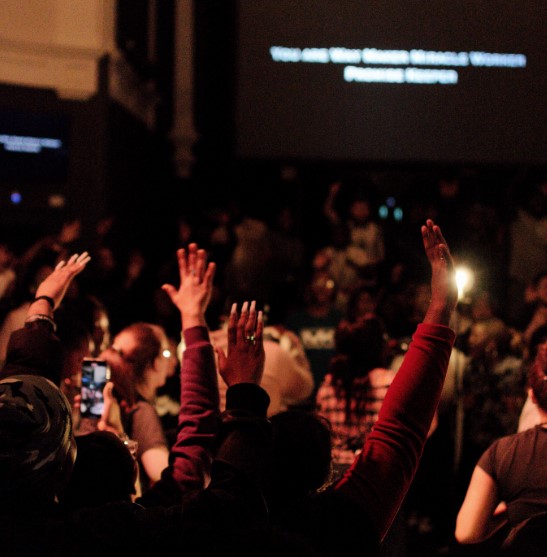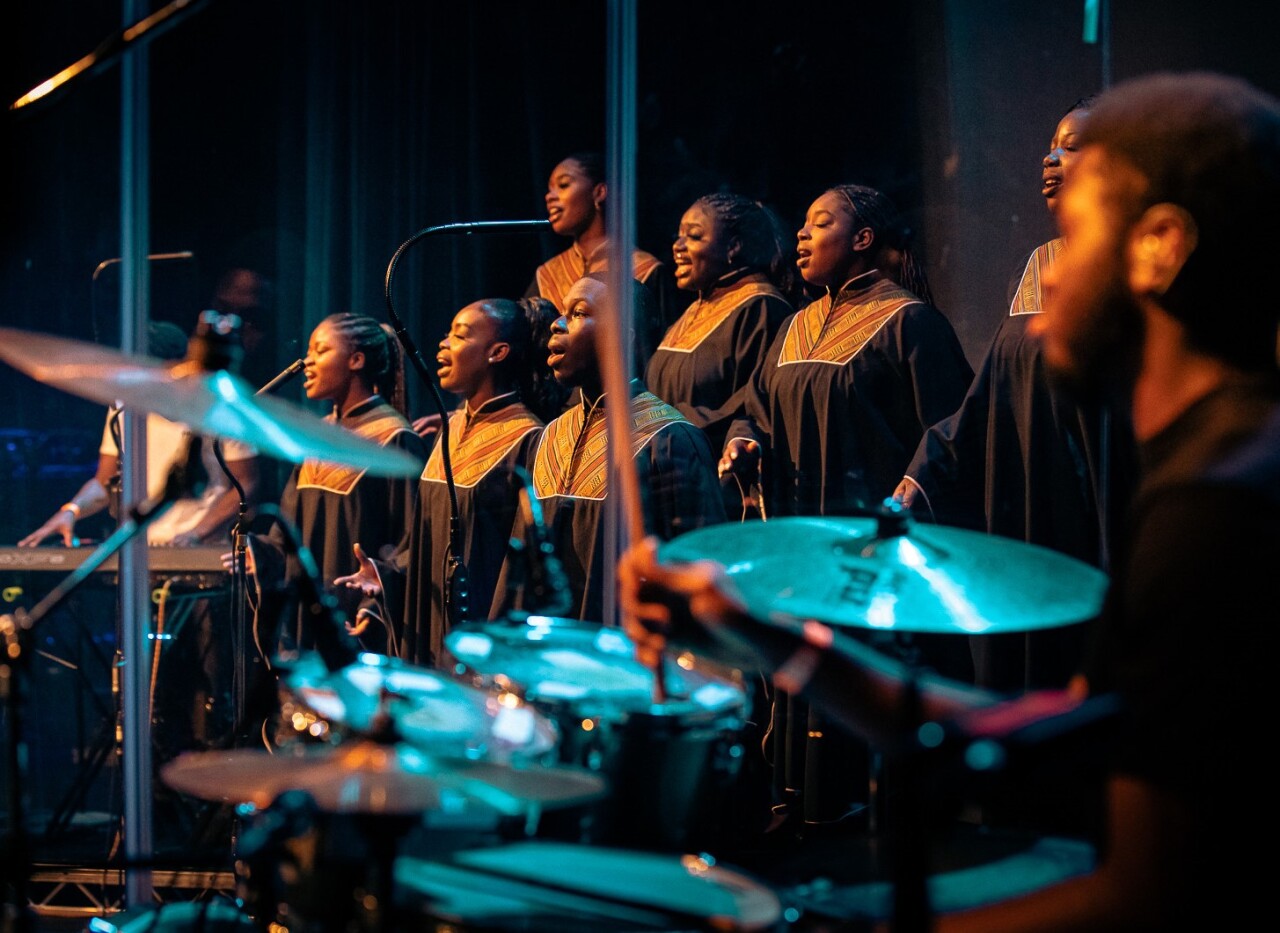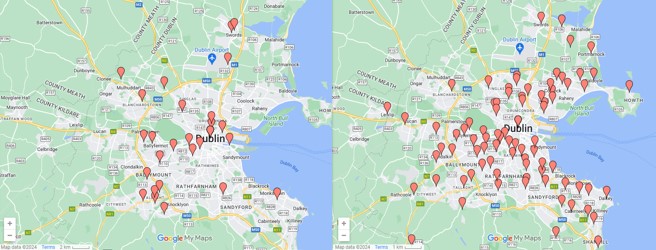


I’m a dancer, book reader, Christian, music lover, second-generation immigrant, and writer. My full name is Adeshope Adeneye but I’m known as just Shope (Shop-eh). I wrote this thesis as a means of documenting my and many of my friends' experiences of battling the overlap between faith, culture, and belonging while growing up in Ireland. The idea of ‘home’ is something we all may ponder on sometimes and being black and Irish has played a huge part in my understanding of the ‘home’ and what that means for me and others like me. I’m twenty-three years old now, and while I hope to chase my dream of working in the music and events sector, I also want to advocate and continue to speak up for people like me.



Against the backdrop of Dublin’s expanding demographic and associated music scene, this study explores the role of Christian Concerts as a site of religious and cultural significance for West African immigrants living in Dublin. This research conducts a spatial and demographic analysis of Christian concerts pioneered by West African immigrants, to understand better, the geographical distribution of these events, the demographic composition of attendance, and their socio-cultural relevance. Furthermore, this study reflects on the theme of ‘home’ in the context of Christian Concerts, acknowledging the immense significance of this concept in immigrant experiences. The study’s methodology includes quantitative methods such as spatial mapping and demographic evaluation, as well as qualitative methods such as content analysis, attendee observation during the events, and case studies. Spatial distribution analysis reveals the disparities in religious landscape within Dublin as it reflects the geographic concentration of West African immigrant communities in specific neighbourhoods. Demographic and content evaluation reveals that the curation of Christian Concerts varies greatly between first and second generation immigrants, reflecting their diverse ideas of ‘home’ as moulded by their immigrant identity and status. First generation immigrants prioritise cultural practices and music from their ‘home’ countries to re-establish a sense of familiarity and connection with West African heritage. Second generation immigrants, born and raised in Ireland, have a more complicated relationship with ‘home,’ as they balance different cultural influences and identities. Their layout of Christian Concerts indicates a fusion of cultural aspects. These findings highlight the intricate interplay between faith, music, and cultural identity in West African immigrant communities in Ireland. Furthermore, the study emphasises the need for additional research into the broader significance of Christian Concerts for shaping transnational religious and cultural landscapes.